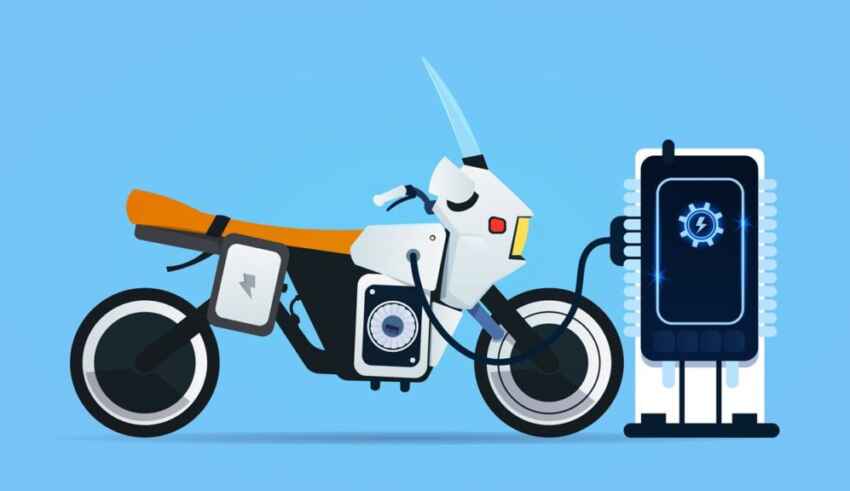
ISLAMABAD, Dec. 13 (INP-WealthPK)— Despite increasing oil prices and rocketing inflation, demand for cost-effective, electricity-chargeable and eco-friendly motorcycles remains low in Pakistan.
Electric or e-bikes are designed to use motors powered through electricity charging instead of conventional fuel-based engine. Electric bikes are modelled on conventional bike designs in Pakistan, but with the added specific feature of charging.
Most people in Pakistan use bikes for everyday commute, but of late, an increasing number is also using them to eke out a living through registering their two-wheelers with ride-hailing services.
Usman Sheikh, the chief executive officer of Jolta Electric, a leading electric bike maker in the country, told WealthPK that there was need to launch awareness among people about the importance and utility of e-bikes.
He said the use of electric vehicles and bikes in Pakistan would boom like the CNG-fitted vehicles in 2000 if charging points are set up at the filling stations on mass scale.
He also informed WealthPK that a mechanism was being devised in consultation with the authorities concerned to establish charging facilities on motorways and highways.
Usman Sheikh said in electric bikes, the charger was fitted inside the fuel tank for ease of charging. He also disclosed that three models of electric bikes had been introduced in the country, including dry-battery, which can be charged overnight; lithium battery, which takes 2-3 hours to charge; and capacitor batteries, which can be charged in 40 minutes to power a motorcycle for 80 kilometres.
Talking about components and pricing of e-bikes, Usman Sheikh said there were three major components in e-bikes, including motor, controller and battery. He said as electric bikes were not being manufacturing on a large scale, their prices were higher due to high costs incurred on batteries.
Commenting on the government’s policy about the promotion of electric bikes, Usman said controller, motor and battery could be imported with payment of just 1% import and customs duty.
He said building trust of people in durability and viability of electric motorcycles was not an easy task, and stressed that all the stakeholders would have to make efforts to motivate people to turn to e-bikes keeping in view their importance in Pakistan’s campaign to adapt to cleaner means of transport to cut back on greenhouse gas emissions.
Usman said the government can also boost sales of e-bikes in the country with free registration facility, exempting them from different taxes.
“Consumers will only move towards electric vehicles and bikes once they are offered incentives,” he asserted.
Usman Sheikh said Jolta Electric had manufactured some models, ranging in price and speed.
He said Jolta JE-70D 70cc was priced at Rs112,000. With dry gel battery, the bike runs up to 80km with a fully charged battery with a top speed of 50km on a “plain” road. The model is fitted with a 1000-watt motor, which is charged in seven to eight hours.
Similarly, Jolta JE Scooty is priced at Rs125,000. It has a great appearance and was made on the design of Honda Dio, which was launched in the Chinese market.
However, consumers believe that e-bikes don’t have resale value as they run on batteries, which tend to run their life “very quickly.” Another major drawback is rough roads in the country, especially in rural areas, which are not “feasible” for battery-run motorcycles.
Many are also uncertain about the performance of batteries, their maintenance levels and replacements. As per local market dimensions, when a new brand arrives, it takes some time to establish a network of spare parts and authorised workshops and dealerships.
As has been witnessed in the past when new brands sold a batch of vehicles for a few years, but then shut down their operations afterwards, said a motorcycle dealer.


































































































